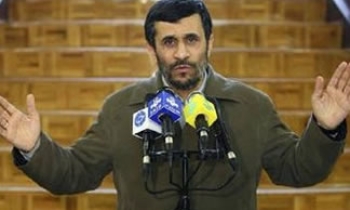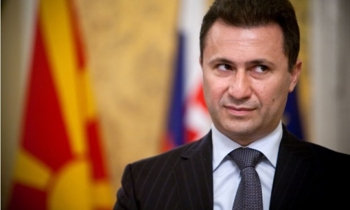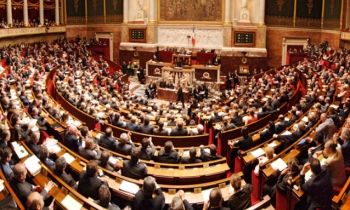The Central Bureau of Investigation (CBI) and the Central Vigilance Commission (CVC), the Government’s top watchdog agencies, say that they should get immunity under the 2005 Right to Information Act.
In other words, citizens shouldn’t be given the right to ask for information regarding the nature of their functioning–or the cases they handle.
The heads of both the departments have told The Sunday Express that their agencies should have figured in RTI’s Second Schedule which lists 18 intelligence and security organisations (see box) exempted from the new statute.
Both Central Vigilance Commissioner P Shankar and CBI Director U S Mishra said that when RTI was being drafted, their agencies had sent written requests to the Department of Personnel (DoP) to get immunity under the RTI Act but neither has got a reply so far.
In my opinion, a few agencies like the Intelligence Bureau and the Research and Analysis Wing should have got immunity. But if several other agencies have also been exempted, the CBI should have been included in the list too,’’ said Mishra.
Among the agencies granted immunity under RTI: Intelligence Bureau, RAW, Enforcement Directorate, Narcotics Control Bureau, BSF, CRPF, Assam Rifles, CISF and the NSG.
The CVC said that having written to the Government once, he would not ask for immunity again but added that as a statutory body which has an important advisory role in deciding corruption cases and resultant disciplinary action, the CVC should be out of the purview of the RTI.
The CVC is not a service board. The Government needed to have a different approach to statutory bodies like the CVC or the Chief Election Commissioner and the National Human Rights Commission. But this has not been done,’’ he revealed.
When the Act was being drafted, I had written to the Government pointing out that we should get exemption due to the nature of the work we do. Now that the Act has been implemented, we will see how to deal with different types of requests,’’ said Shankar.
Senior CBI officials in the agency’s administrative wing say they have examined the listing of agencies on the Second Schedule and are in the process of sending a fresh request to the Government to seek immunity.
It is understood that the communication is being drafted and will shortly be put up to the Director.
Says a senior official: While we were not granted exemption, we were surprised to find agencies like the Directorate of Enforcement and the Directorate of Revenue Intelligence on the exempt list. The CBI too has a very important intelligence-gathering role and is not a public relations office which can deal with constant requests for information.’’
Officials of the National Advisory Council who were involved in redrafting the 2002 RTI Act say that the exempt list was inherited’ by them and that at some stage, it was decided not to tamper with it.
However, RTI watchers point out that while the Presidential request–last month A P J Kalam wrote to the Prime Minister asking for immunity under the RTI Act for Presidential documents and correspondence–for immunity under the RTI Act will need an amendment, the inclusion of agencies in the Second Schedule will not.
Section 24(2) of the Act has an enabling provision which clarifies that the name of an intelligence agency or security organisation could be added or deleted by a notification in the Official Gazette.
----------------------------------------------
Why CBI, CVC request makes little sense
All public authorities’’, other than the 18 specified organisations, come under the RTI Act. Public authority’’ is so widely defined that it encompasses SC, Parliament and Armed Forces
The exemption granted by Section 24 is only to intelligence and security organisations.’’ Neither the CBI nor CVC belongs to that category
Even those that are exempted are liable to give information pertaining to allegations of corruption and human rights violations.’’
The CBI deals primarily with corruption cases involving public officials (read taxpayers’ money) and, therefore, the public has a right to ask for information on its functioning.









